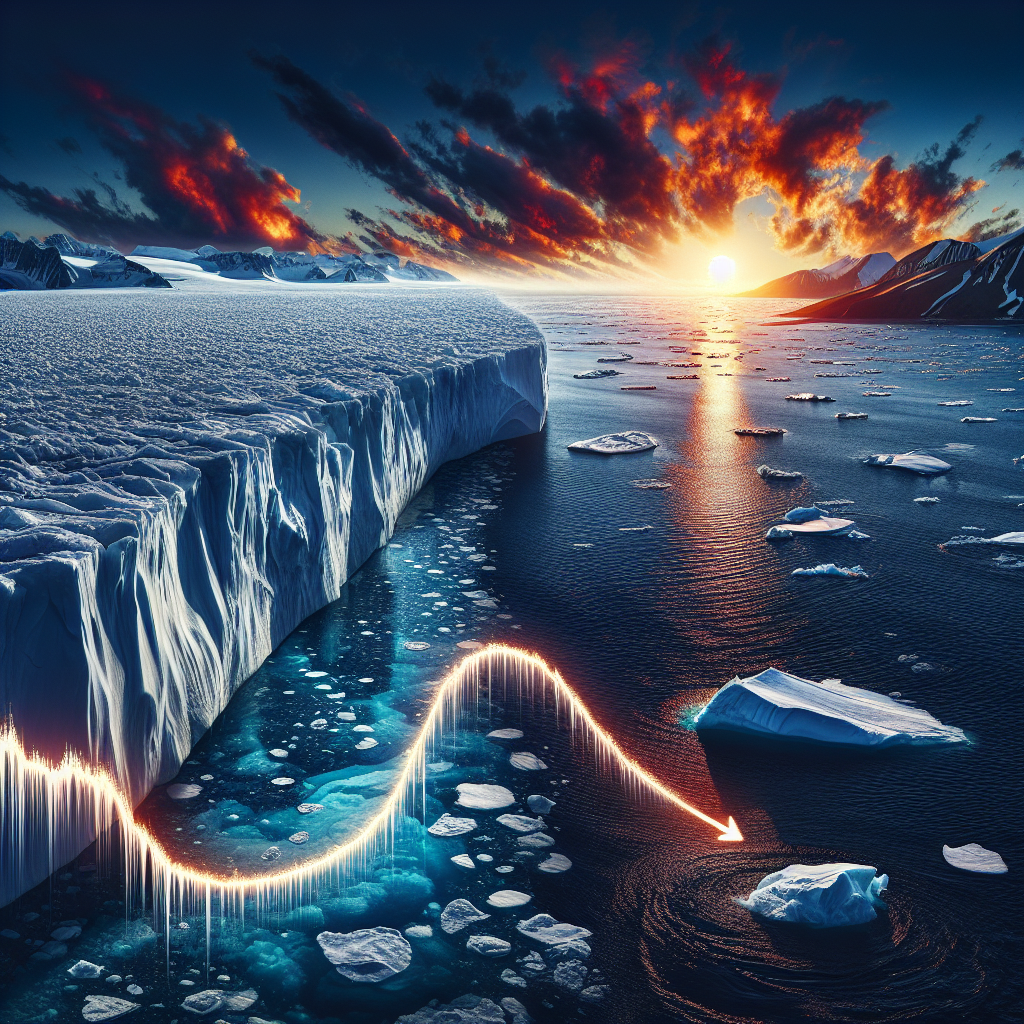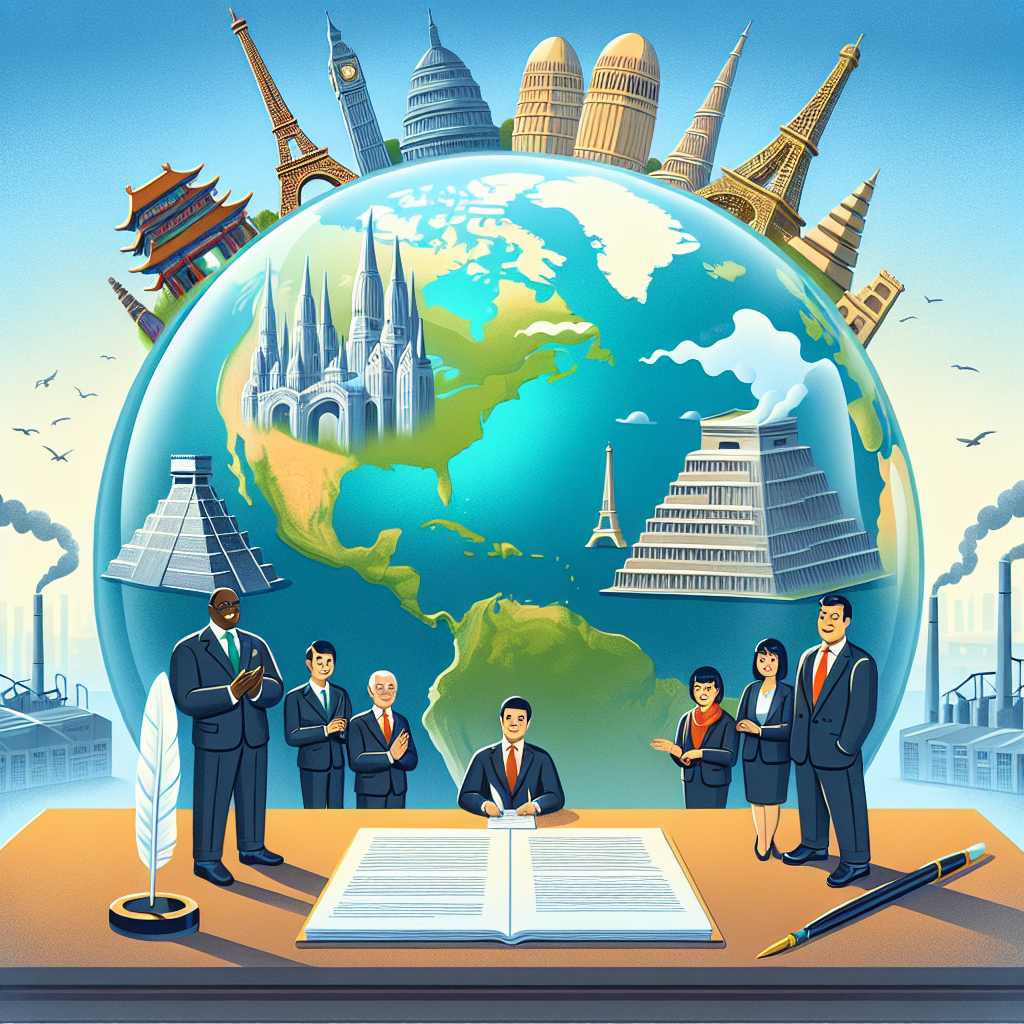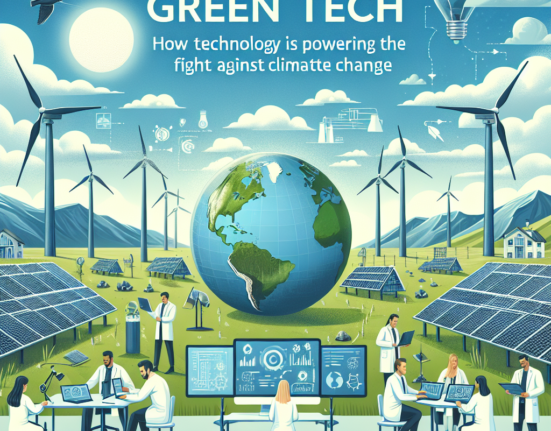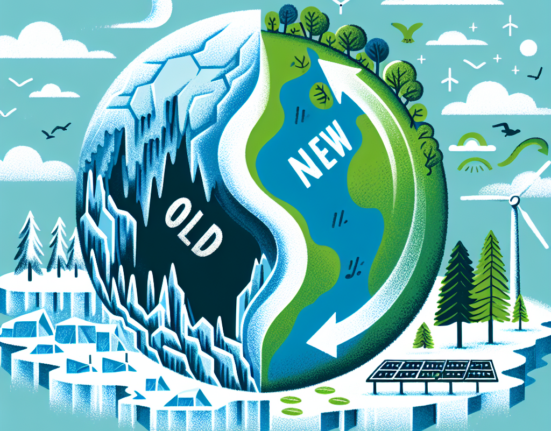Climate Change Milestone: Arctic Ice Levels at All-Time Low
In a clarion call to humanity, the fragile ice cover of the Arctic has reached an alarming all-time low, setting a stark milestone in the narrative of climate change. This unprecedented reduction in Arctic ice levels underscores the accelerating impact of global warming, driven predominantly by human activities. The phenomenon signals not only a planetary crisis but also challenges societies across the globe to urgently recalibrate their environmental policies and actions.
The Data Behind the Decline
Recent satellite data indicates that the Arctic sea ice extent has shrunk to its smallest area since records began. The National Snow and Ice Data Center (NSIDC) reports that the Arctic ice cover has plummeted to less than 4 million square kilometers, significantly lower than the historical average of around 6.28 million square kilometers. This continuous decline, observed over the past four decades, is attributed to rising global temperatures, which have been exacerbated by the burning of fossil fuels, deforestation, and other anthropogenic activities.
Implications of Melting Arctic Ice
The consequences of this ice melt are multifaceted and far-reaching:
-
Rising Sea Levels: As Arctic ice melts, particularly the ice sheets of Greenland, it contributes directly to rising sea levels. This poses a threat to coastal cities worldwide, increasing the frequency and severity of flooding, storm surge impacts, and erosion.
-
Global Weather Patterns: The loss of Arctic ice disrupts atmospheric circulations, affecting weather patterns far beyond the polar region. Many scientists link this to more extreme weather events, such as severe winters, intense heatwaves, and extended droughts.
-
Ecosystem Disruption: The Arctic is home to unique wildlife, including polar bears, seals, and various bird species, many of which are now endangered by the loss of their ice habitat. These changes threaten biodiversity and can disrupt indigenous communities who depend on these ecosystems for their livelihoods.
-
Economic Impact: While some may see new shipping routes and resource extraction opportunities in a less icy Arctic, these come with environmental risks and ethical conundrums. The economic benefits are overshadowed by the environmental costs of increased human activity in the region.
- Climate Feedback Loops: The melting ice exposes darker ocean water, which absorbs more sunlight than reflective ice, leading to increased ocean temperatures and further accelerating ice melt — a process known as the albedo effect.
The Road Ahead: Mitigation and Adaptation
Addressing the Arctic ice decline requires a comprehensive, global effort focused on both mitigation and adaptation strategies:
-
Emission Reductions: Immediate, substantial reductions in greenhouse gas emissions are paramount. This can be achieved by transitioning to renewable energy sources, improving energy efficiency, and adopting sustainable land-use practices.
-
International Cooperation: Climate change is a global issue that demands international collaboration. Reaffirming and strengthening commitments under agreements like the Paris Accord is essential.
-
Innovation and Research: Continued investment in climate science is crucial for improving predictive models and developing innovative solutions to adapt to and mitigate climate effects.
- Public Awareness and Education: Raising awareness about the impacts of Arctic ice decline can galvanize public support for necessary climate actions. Educational programs can empower individuals to contribute to sustainability efforts.
Conclusion
The record-low Arctic ice levels serve as a sobering barometer of our planet’s health, highlighting the urgent need for decisive and collective action against climate change. The "Business as Usual" approach is no longer viable; the time for transformational change is now. By acting responsibly and urgently, humanity can hope to preserve the delicate balance of our environment, ensuring a sustainable future for generations to come.














Leave feedback about this
You must be logged in to post a comment.